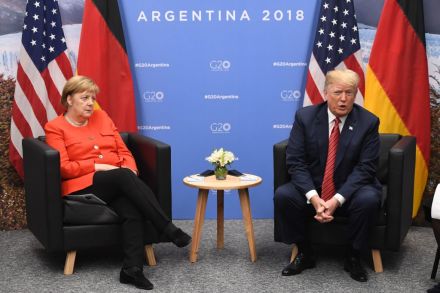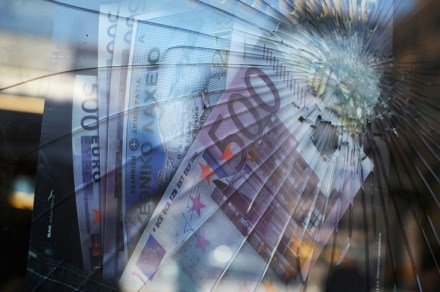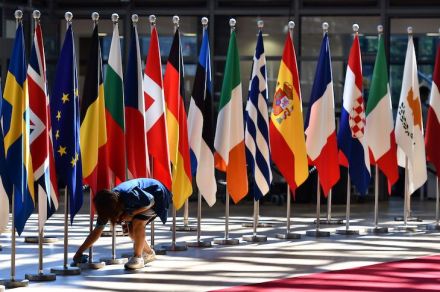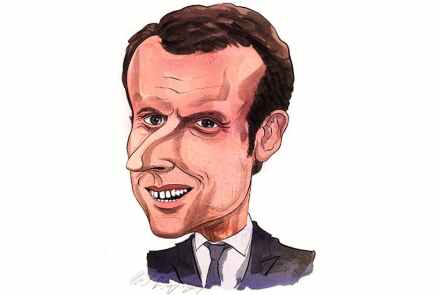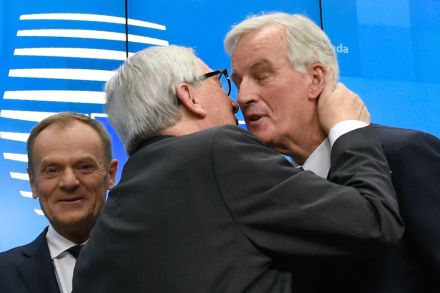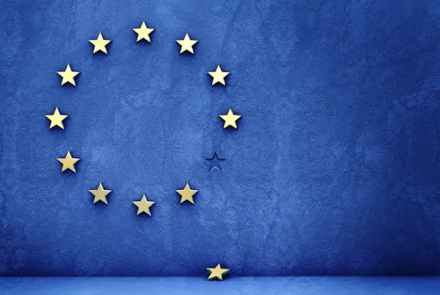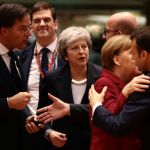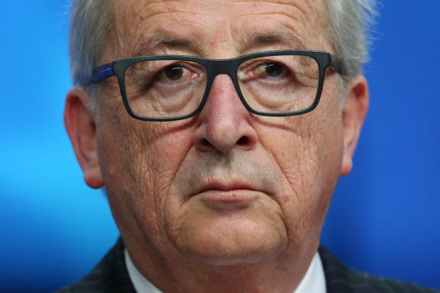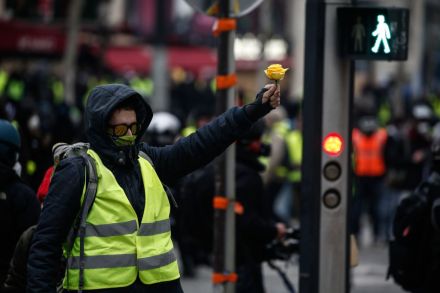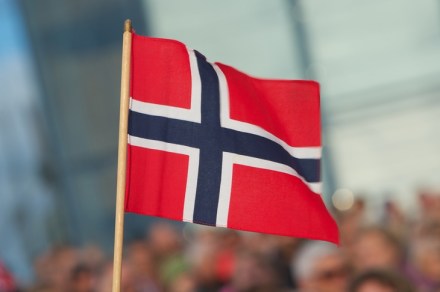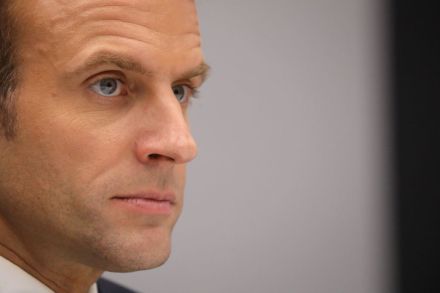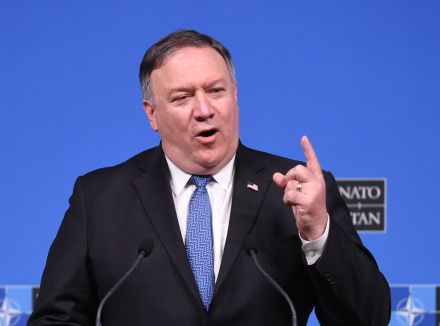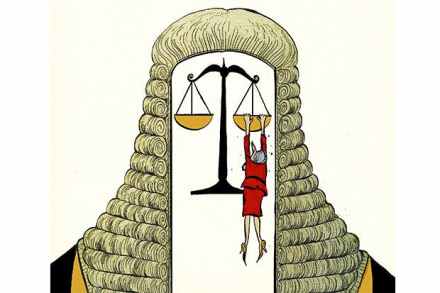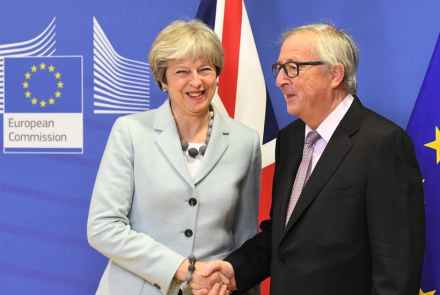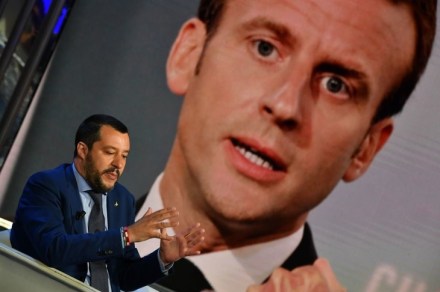Why Donald Trump will step up his feud with the EU this year
For Angela Merkel, the chief guardian of Europe’s centrist politics, 2018 was a year of tribulation – and she admits it. In her New Year’s speech, the German chancellor acknowledged the hardship of the last twelve months while begging her countrymen to unite in the year ahead. “We will only master the challenges of our times if we stick together and collaborate with others across borders,” Merkel told the German people in what can only viewed as a call for the country to come together. Merkel’s words, however, don’t only apply to Germany. Europe as a whole is entering 2019 with many people agnostic about the European Union, exhausted with the familiar
